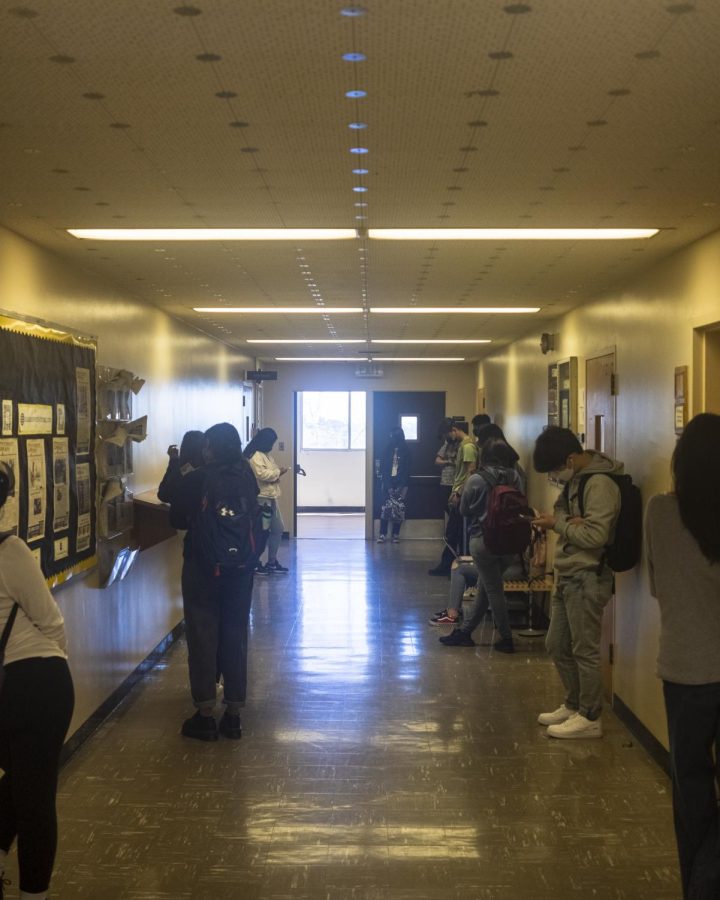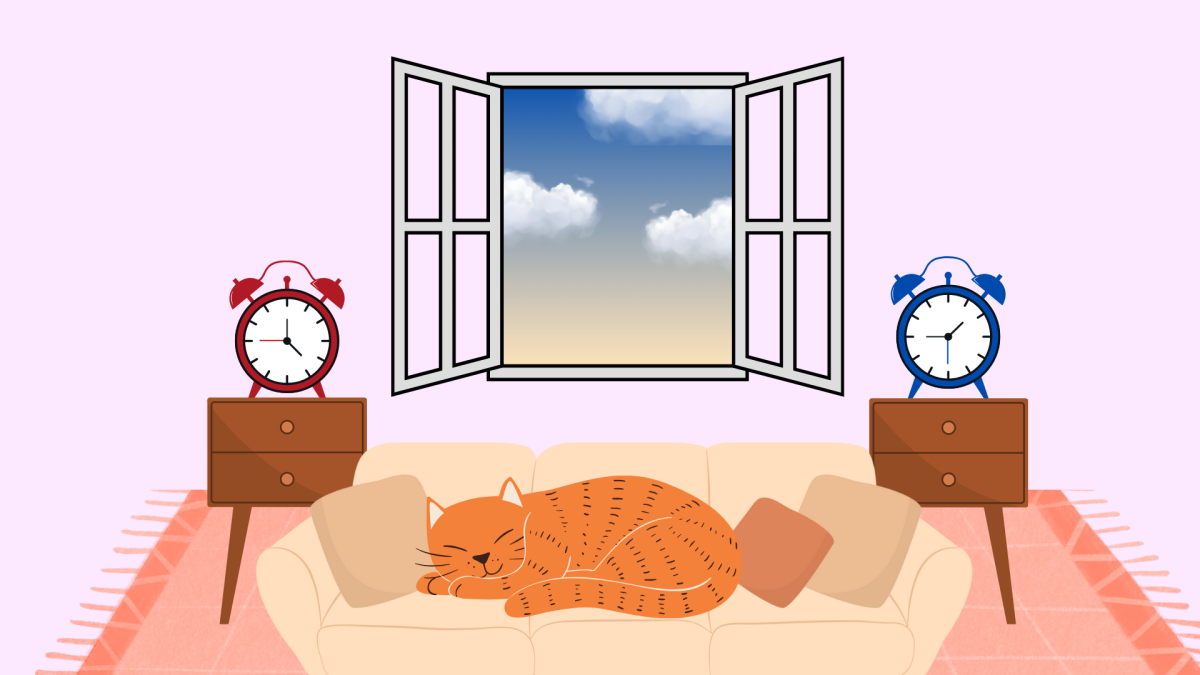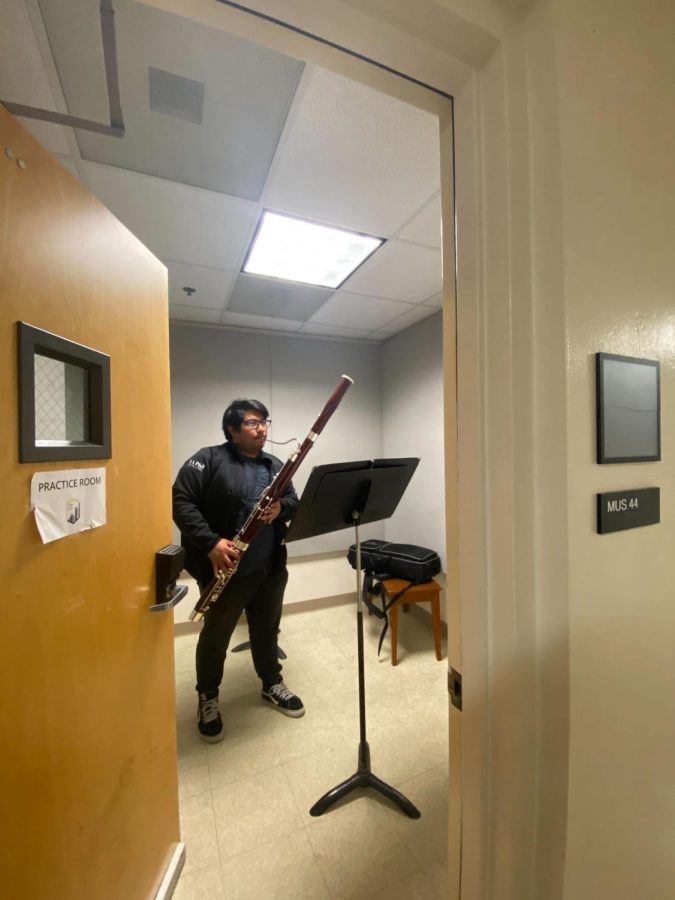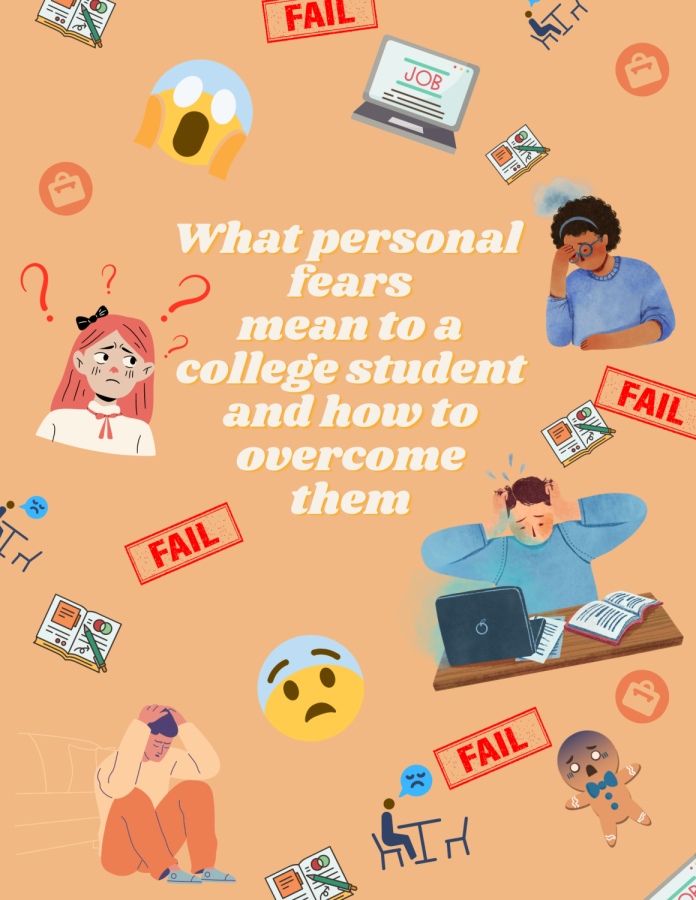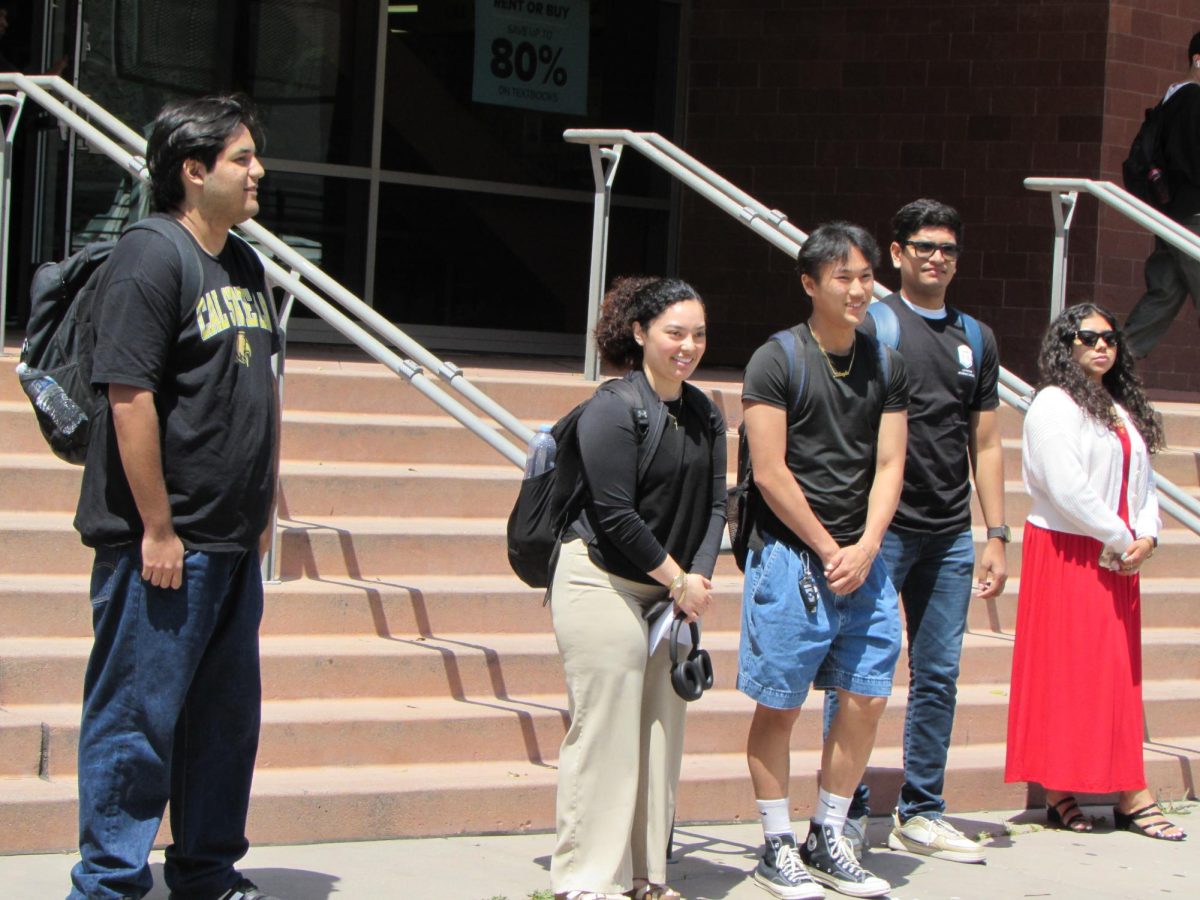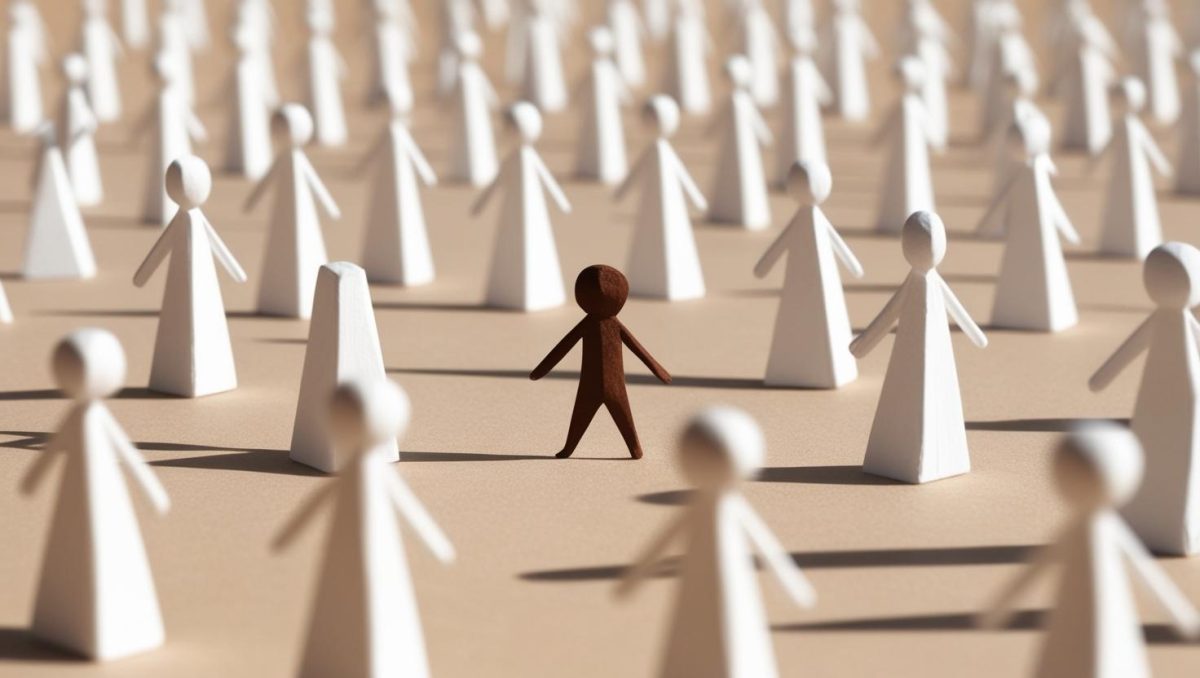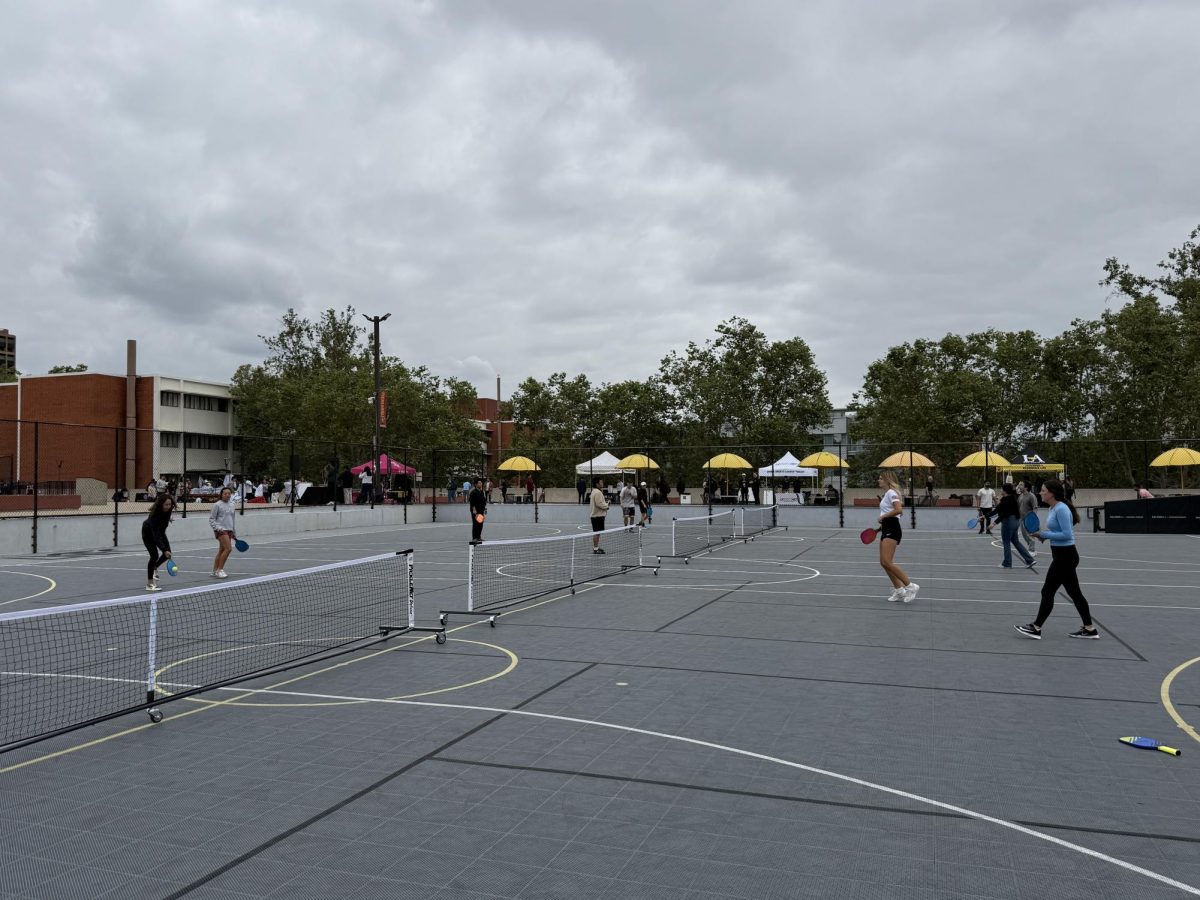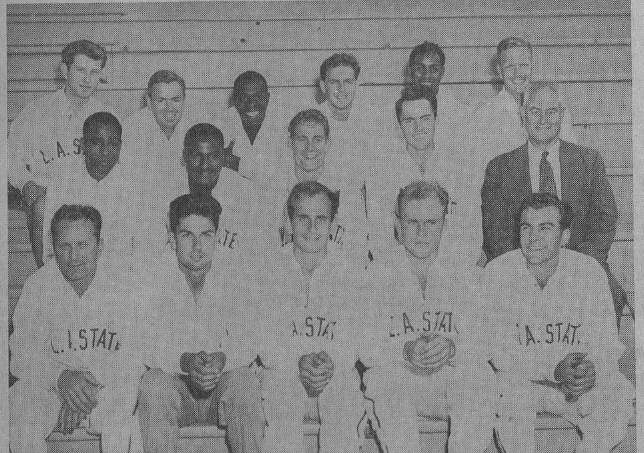Are Cal State LA students sleep deprived?
Juggling full-time classes, jobs, extracurricular activities and taking care of family has made the answer “yes.”
Young adults between the ages of 18 to 25 need about seven to nine hours of sleep each night, according to the National Sleep Foundation. Over 70 percent of college students get fewer than eight hours of sleep per night, which can eventually result in impaired immunity, increased stress levels, increased cravings and weight gain, increased risk of depression, and impaired cognitive performance which directly affects academic performance.
Child development major Shannon Rivera is definitely part of the 70 percent.
“I get about four to five hours of sleep depending on the amount of homework that needs to be done,” said Rivera. “I feel sleep-deprived because I help my parents around with what needs to be done and take my younger sister to her games and school.”
Rivera said she used to get her full eight hours of sleep but because of school and reading assignments, she doesn’t get enough sleep anymore.
“I think we can fix sleep-deprivation by telling the professor how it’s important for us to get our full eight hours of sleep,” she said. “It can help us focus during our lectures.”
For students like Rivera who have to work while attending school, time management for sleeping is even harder than normal.
“Making time to study does take away from my sleep schedule, as well as being part of the youth group at my church,” she said. “I think taking less classes is the only solution, but I don’t want to graduate too late so it’s not really a choice.”
So how can students improve their sleep schedule?
Maintain an ideal sleeping environment. Minimize noise, light, extreme temperatures, and keep clocks out of the room to prevent anxious clock-watching.
Exercise regularly and avoid caffeine, alcohol or large meals in the evening.
Jose Cano, an accounting major, feels fortunate to be able to balance school, work and sleep.
“I get about 10 hours of sleep every night,” said Cano. “I do not feel that I am sleep deprived as school work is pretty manageable. Although I don’t feel sleep deprived, I do think school has gotten in the way of my sleep schedule. Since the start of the school semester, I’ve been sleeping much later than I had previously.”
Cano thinks he can fix his sleep schedule by not using his phone before he goes to sleep.
Psychology major Francisco Luna Perez is still working on his sleep schedule.
“I usually get six to seven hours of sleep,” said Perez. “Sometimes I procrastinate on some assignments, so I often stay up late trying to finish them before the due date.”
Perez is another student who works and goes to school full-time.
“My work schedule has actually helped me stay on top of things,” he said. “I get out early and have more time for school and other stuff. During the weekends, I try to get as much sleep as possible.”

